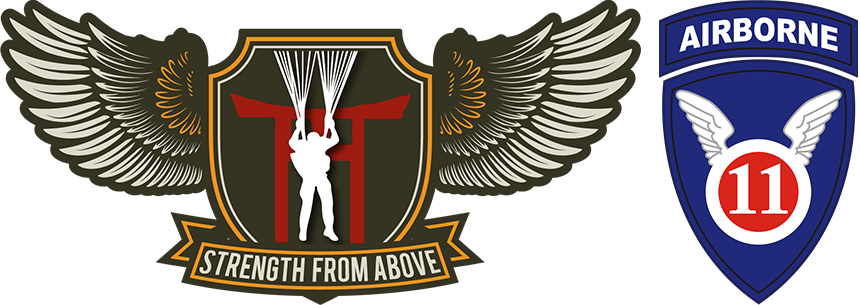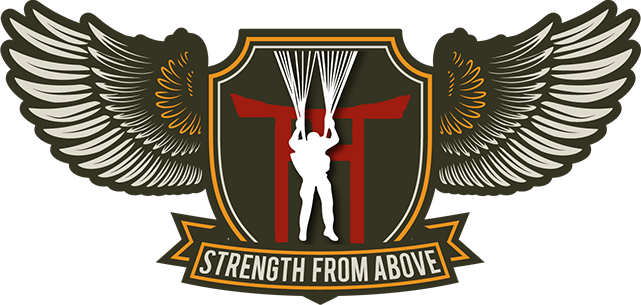
- Details
- By Jeremy C. Holm
- Category: Leyte
- Hits: 24512
The Rat's Ass Charge is the story of one of those incredible engagements from World War II, one effected by a small, understrength and under-supported parachute companies, that equals anything that has been written about the incredible exploits of the 101st and 82nd Airborne Divisions in Europe.
That is not said to in any way to diminish what the Screaming Eagles and the All-Americans did "over there." Rather, it is only to point out that the 11th Airborne Division is equally deserving of attention, researching, illumination and praise. This is only a small piece of their story.
On Thanksgiving Day, 1944, after a breakfast of cold turkey and rain-soaked potatoes and fruit salad, the 511th Parachute Infantry Regiment led the 11th Airborne Division's push westward into the jungles and mountains of Leyte in the Pacific Theater. Over the next 30+ days, the young paratroopers of the 511th PIR would endure the harshest of conditions including hunger, thirst, cold, monsoon rains, Banzai assaults, tropical diseases, blood and death. Many companies went over five days (one up to ten) without resupply and rations and as D Company's 1LT Andrew Carrico later noted, resorted to eating "anything we could find: dogs, roots, potatoes. When you’re hungry you’ll eat anything. Hunger was a constant gnaw in our stomachs."

- Details
- By Jeremy C. Holm
- Category: Leyte
- Hits: 12247
December 25, 1944
It was “a gray morning carved out of gray clay and shadowed by fog.”
So pennedT/4 Rodman "Rod" Serling of HQ1-511, a demolitions man who joined the several-miles-long column of bedraggled, trudging paratroopers coming down from Leyte’s hills. Rod and his comrades of the 511th Parachute Infantry Regiment had just completed 33 days of combat in those jungle-covered heights and mountains and as one of those troopers later declared, “After Leyte, Hell was a vacation.”


 "We Were The Best There Ever Was."
"We Were The Best There Ever Was." 


